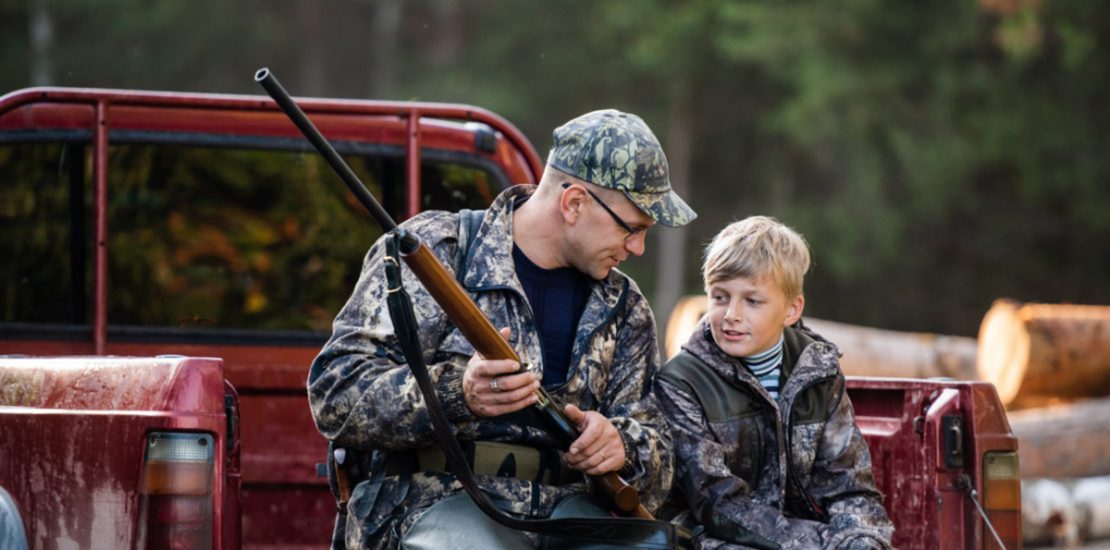Gun Trust Planning
- January 10, 2020
- Posted by: Jason Hafemann
- Category: Estate Planning

Gun trusts are a planning tool that allows for flexibility and security of ownership and transfer between generations in a time where gun ownership is a complex and ever changing issue. With a gun trust, the trust itself is listed as owner of the firearms, avoiding possible future restrictions on gun transfers and limiting the amount of personal information that must be provided in order to register the weapon.
Primary Benefits
Use – Gun trusts may be structured to allow more than one person to possess and use the weapons held in the trust.
Privacy – Individuals are often required to submit to the ATF fingerprints and other personal information to purchase firearms. With a gun trust, the trust itself is listed as owner of the firearms.
Incapacity and Death – Gun trusts are designed to provide for the transfer of your firearms upon your incapacity or death. If you become incapacitated while you are serving as trustee, then your successor-trustee steps into that position. Upon your death, your beneficiaries need not go through probate to effectively transfer your firearms. Rather, they are passed as prescribed in your trust agreement.
Protection – Holding firearms in a gun trust protects individuals from inadvertently violating state and federal law when transferring weapons. It also prevents an inexperienced executor from having to administer the firearms as part of your estate. Lastly, it avoids possible future restrictions on gun transfers because the firearms are always held and owned by the trust.
Basic Contents and Structure
Gun trusts are similar to other revocable trusts in that they may be revoked at any time. However, gun trusts are crafted to provide specific references and guidance regarding the purchase, retention and transfer of firearms. Gun trusts take into consideration both state law and federal law requirements and provide guidance to the trustees, successor trustees and beneficiaries on their rights, duties and qualifications, guiding them through the proper purchase, use and transfer of the trust assets.
Gun trusts also differ from traditional trusts in that the trustee is the individual who enjoys the benefits of the trust assets. The trustee is the responsible individual for the firearms and may use and enjoy them. Additional or successor trustees may be added at any time. Beneficiaries are the individuals listed who will ultimately receive the property upon termination of the trust. A gun trust may be specifically tailored to provide for the disposition of your firearms while adhering to your values and thought process.
The information provided on this website does not, and is not intended to, constitute legal advice; instead, all information, content, and materials available on this site are for general informational purposes only. Information on this website may not constitute the most up-to-date legal or other information.
Readers of this website should contact their attorney to obtain advice with respect to any particular legal matter. No reader, user, or browser of this site should act or refrain from acting on the basis of information on this site without first seeking legal advice from counsel in the relevant jurisdiction. Only your individual attorney can provide assurances that the information contained herein – and your interpretation of it – is applicable or appropriate to your particular situation. Use of, and access to, this website or any of the links or resources contained within the site do not create an attorney-client relationship between the reader, user, or browser and website authors, contributors, contributing law firms, or committee members and their respective employers.
